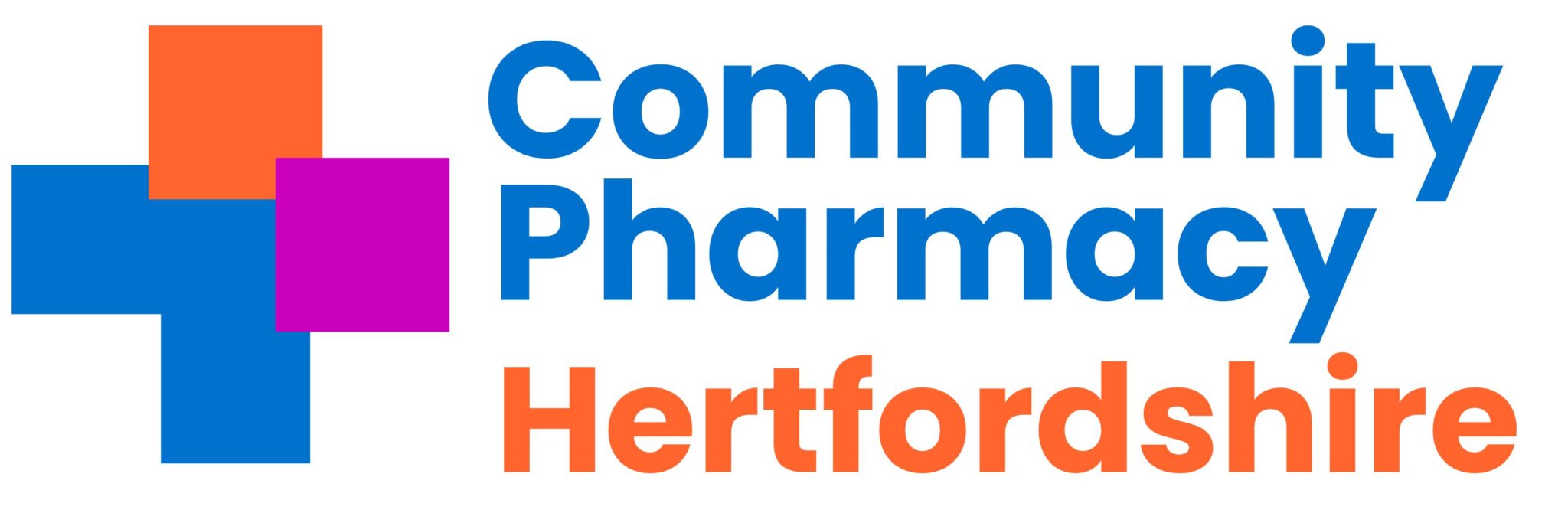Shortage protocol to support with medicines supply issues
Shortages of medicines have become increasingly common – often occurring without advance notification and the identification of a shortage can be incidental.
To support patients during this difficult time please consider the following general advice:
- If there is a medicines supply notification, please follow the actions listed for advice and alternatives; all GP practices should routinely receive medicines supply notifications from hweicbhv.pharmacy@nhs.net
- Details of active and archived Serious Shortage Protocols can be found here
Clinicians should establish whether the affected patients have additional supplies at home and how urgent the request is.
- If you are aware of a potential medicine shortage, please ensure that prescriptions for this item are generated on a separate script and print out or document the bar code for the token for the patient to take to the pharmacy. Please remember to send it as a one-off prescription for patients without a pharmacy nomination (so that they can get this item dispensed at a separate pharmacy if required)
- If the nominated pharmacy does not have the medicine, ask the patient to request the prescription is sent back to the spine so they can try another pharmacy.
- The patient may need to contact other pharmacies to look for stock: stock concerns are discussed amongst community pharmacies and the pharmacy may be able to direct the patient to another pharmacy that has stock.
- Work with your PCN and the PCN Community Pharmacy Integration Lead to share communications regarding key medicines shortages and availability locally.
- If the generic is unavailable and the following steps have been completed, then in some cases the branded version may be issued as a one-off acute prescription (acute); this course of action would not be appropriate for all medicines and should be considered on a case by case basis.
- Where supplies have already become exhausted and there is no direct therapeutic alternative (including unlicensed or off-label use) the community pharmacy may be able to arrange an urgent supply from the wholesaler/manufacturer on a named patient basis.
- Please ensure that you share actions with appropriate team members.
There are 4 categories of alert – 1. Low impact, 2. Medium impact, 3. High impact and 4. Critical impact (see below).
All are shared through hweicbhv.pharmacy@nhs.net and hweicbhv.primarycare@nhs.net with all practices and community pharmacies.
High and critical impact alerts (such as ADHD) also are part of a nationally coordinated response. You can register to receive these directly via CAS – Home (mhra.gov.uk)
All are on sps Medicines Supply Tool – SPS – Specialist Pharmacy Service – The first stop for professional medicines advice
Impact tiers
1 · Low impact – These supply issues are likely to carry low risk and management options and should result in patients being maintained on the same licensed medicine.
2 · Medium impact – These supply issues will require more intense manage options (such as using therapeutic alternatives, unlicensed imports or alternative strengths or formulations), which may carry a greater risk to patients/health providers than Tier 1 issues, but which are considered safe to be implemented at sub-regional level without further escalation.
3 · High impact – These supply issues will be more critical, with potential change in clinical practice or patient safety implications that require clinical or operational direction to the system. They will be expected to generate public and clinician concern. The response will be nationally coordinated and guided and the NHS may invoke its Emergency Preparedness Resilience and Response (EPRR) function.
4 · Critical impact – These supply issues will require additional support from outside the health system and will trigger the use of dedicated national NHS EPRR incident processes and procedures in order to provide additional support for the management of the shortage. Clear links and command and control mechanisms between the Medical Devices and Clinical Consumables Clinical Response Group, NHSE&I Central EU Exit Team, EPRR functions at both NHSE&I and ORC/DHSC, and Cabinet Office will be utilised.



